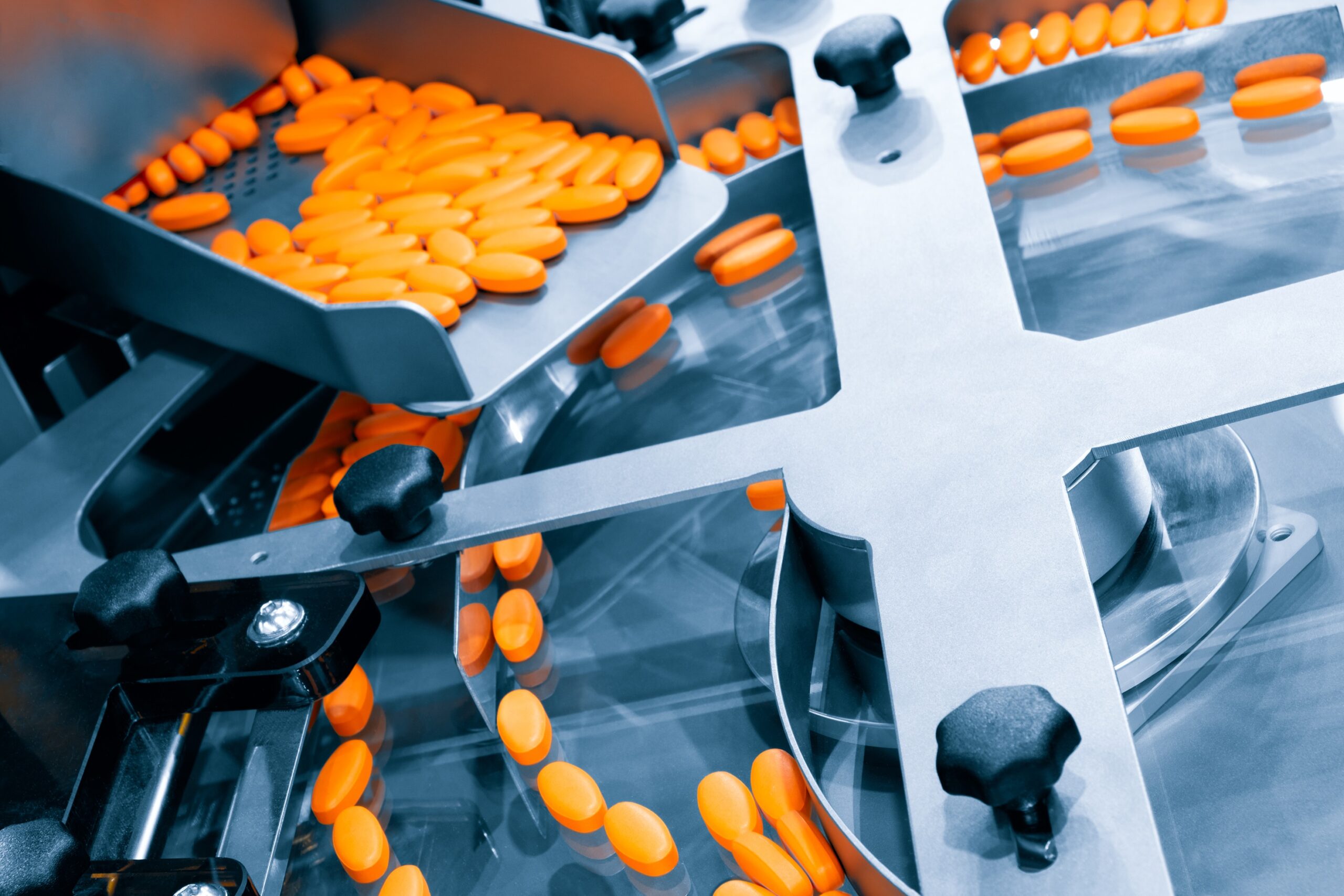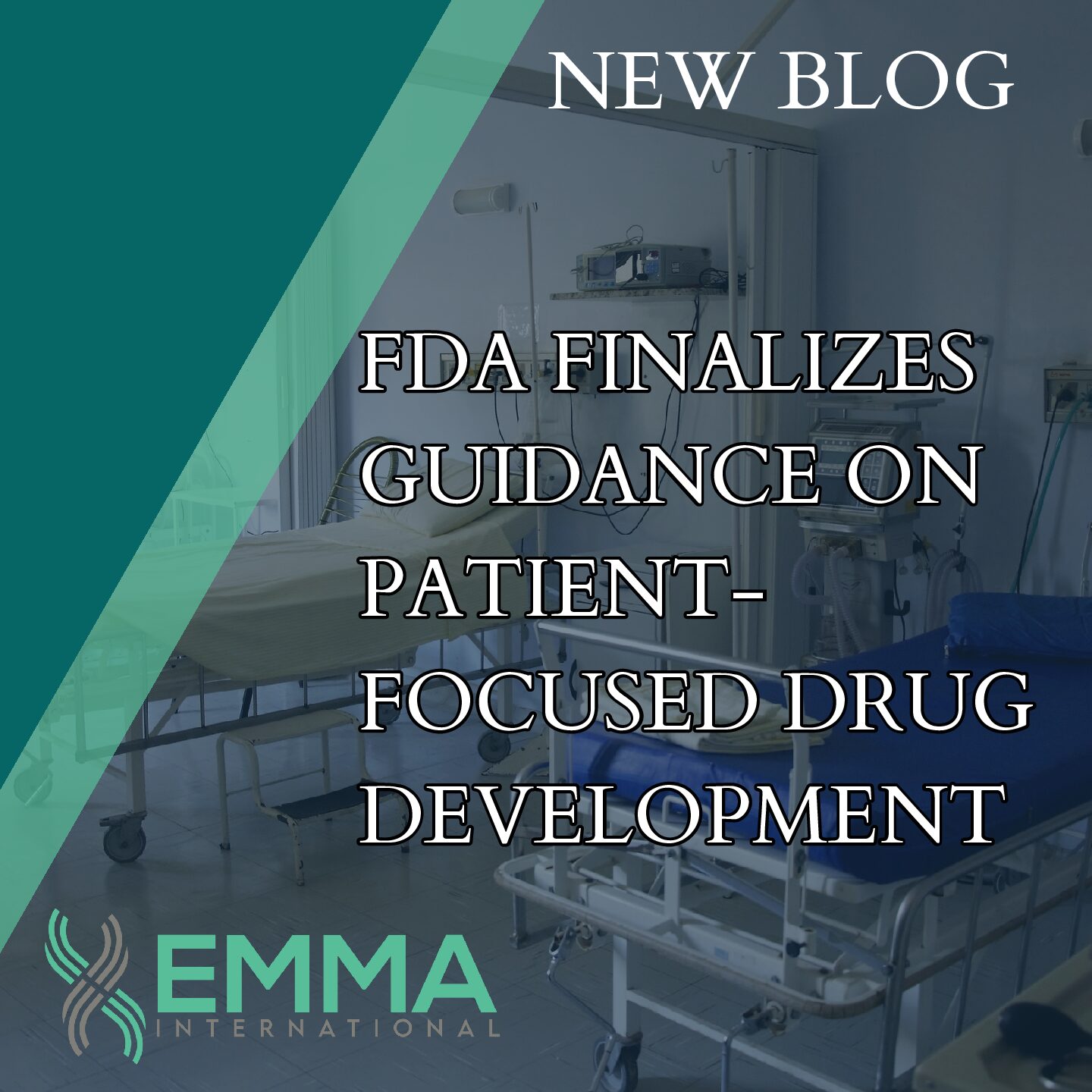The pharmaceutical industry is undergoing a transformative shift, embracing innovative methods to enhance the production and availability of medications. One such groundbreaking approach is continuous manufacturing (CM). Unlike traditional batch processing, continuous manufacturing offers a seamless, efficient, and flexible way to produce pharmaceuticals. This blog discusses what continuous manufacturing is, its benefits, and how it’s revolutionizing drug production.
Continuous manufacturing is a process where raw materials are constantly fed into the system, and finished products are continuously produced. This method contrasts sharply with traditional batch manufacturing, where drugs are produced in discrete steps, each requiring separate setups and significant downtime between phases.
In CM, all stages of drug production— from raw material input to final product packaging— occur in a single, uninterrupted flow. This process is facilitated by advanced technologies, including automation, real-time monitoring, and sophisticated control systems. Key components of continuous manufacturing include:
- Integrated Processes: Continuous manufacturing integrates various production stages, including synthesis, purification, and formulation, into a cohesive and uninterrupted sequence.
- Real-Time Monitoring: Advanced sensors and analytical tools monitor the process in real time, ensuring consistent product quality and immediate identification of any deviations.
- Automation and Control: Automated systems manage the continuous flow of materials and products, optimizing production rates and reducing human intervention.
Benefits of CM:
- Increased Efficiency: By eliminating the downtime associated with batch processing, CM significantly enhances production efficiency. This results in faster production cycles and quicker time-to-market for new drugs.
- Improved Quality: Real-time monitoring and control ensure that the production process maintains consistent quality standards. Any deviations can be immediately corrected, reducing the risk of defects and recalls.
- Cost-Effectiveness: Continuous manufacturing reduces waste, lowers energy consumption, and minimizes labor costs. These savings can be passed on to consumers, making medications more affordable.
- Flexibility: Continuous manufacturing systems can be quickly adjusted to produce different drugs, allowing manufacturers to respond rapidly to market demands and emerging health crises.
- Scalability: The process can be easily scaled up or down, accommodating varying production volumes without significant reconfiguration.
While continuous manufacturing offers numerous advantages, it also presents certain challenges, including the cost of the initial investment for facilities. Setting up this type of system requires substantial upfront investment in technology and infrastructure. Additionally, ensuring that continuous manufacturing processes meet stringent regulatory standards can be complex and time-consuming.
Other challenges include ensuring that facilities have the right staff with the right expertise. Integrating advanced technologies into existing production lines may require significant modifications and expertise. Operating and maintaining these systems demands highly skilled personnel with expertise in automation, process control, and data analysis.
The adoption of this technology is poised to grow as the pharmaceutical industry seeks to enhance productivity, ensure drug quality, and meet the increasing global demand for medications. Regulatory bodies like the FDA are also recognizing the benefits of this approach, providing guidelines and support to facilitate its implementation.
As technology advances, continuous manufacturing will likely become more accessible and cost-effective, driving widespread adoption across the industry. This shift will not only revolutionize drug production but also improve patient access to high-quality, affordable medications.
This technology represents a paradigm shift in the pharmaceutical industry, offering a more efficient, flexible, and reliable method of producing drugs. By embracing this innovative approach, manufacturers can enhance their production capabilities, ensure consistent product quality, and ultimately, better serve the needs of patients worldwide. As we look to the future, continuous manufacturing holds the promise of transforming the way medications are made, marking a new era in pharmaceutical production.
If you need help with setting up continuous manufacturing operations for your facility, or need SME support for your staff, EMMA International can help! Call us at 248-987-4497 or email info@emmainternational.com to learn more. FDA (February 2024) Advanced Manufacturing retrieved from: https://www.fda.gov/emergency-preparedness-and-response/mcm-issues/advanced-manufacturing#:~:text=Among%20other%20innovations%2C%20in%202018,and%20starts%20in%20a%20process





